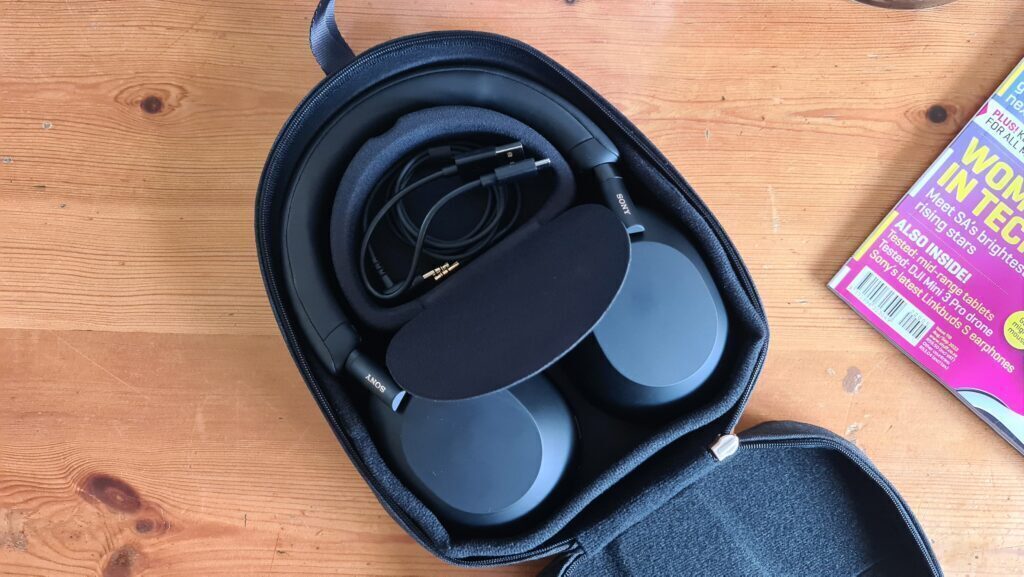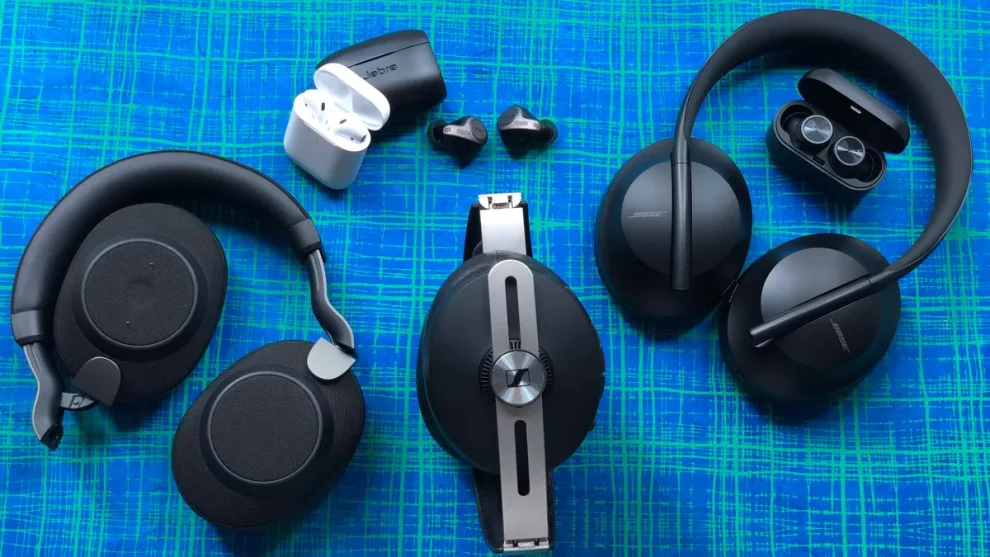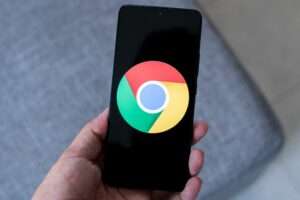Our hearing is precious and irreplaceable, so protecting it from damage caused by headphones is crucial. Here are some key steps you can take:
Limit Listening Volume
The 60/60 Rule
Aim for no more than 60% volume for a maximum of 60 minutes. This helps prevent gradual hearing loss from long-term exposure. Going over 60% volume for over 60 minutes increases the risk of noise induced hearing loss over time.
Use Volume Limiting Features
Many devices and platforms like iPhones, Spotify, and Windows offer built-in volume limiters. Set them to a safe level such as 60% to avoid accidentally blasting your ears at dangerously high decibel levels.
Noise-Canceling Headphones
These reduce external noise through active and passive noise cancellation technologies, allowing you to listen at lower volumes without compromising sound quality. This minimizes the need to turn up the volume to drown out background noise.
Choose the Right Headphones
Over-Ear Headphones
Generally distribute sound more evenly compared to earbuds, potentially reducing the perceived need for excessively high volume. The drivers are positioned away from the eardrum, lowering risk.
Look for Volume Warnings
Some headphones feature audible or visual alerts at high volumes, serving as a reminder to turn it down before damage occurs. These warnings intervene before you exceed safe listening durations and levels.
Take Listening Breaks
The 20/20/20 Rule
Every 20 minutes, take a 20-second break where you remove your headphones and let your ears rest completely. This allows your ear canal and cilia tissue to recover from constant sound stimulation.
Listen to the Silence
Pay attention to any ringing or tinnitus after using headphones. These can be early signs of hearing damage and warrant reducing listening time or volume. Give your ears a chance to return to normal baseline function.

Additional Tips
Avoid Sharing Headphones
This can expose you to bacteria and earwax buildup from other users, potentially increasing the risk of painful infections. Use your own dedicated, clean headphones.
Get Regular Hearing Checkups
Early detection of hearing loss through annual or bi-annual audiometric tests allows for prompt interventions and management. Monitor your hearing health over time.
Be Mindful of Your Environment
If you’re in noisy environments like cities, trains, or planes, consider using earplugs in addition to headphones for extra protection from excessive ambient decibel levels.
Educate Others
Raise awareness about headphone safety among friends and family, especially children who may be more susceptible to long-term loud noise exposure. Advocate safe listening.
Remember, even following these precautions, individual susceptibility to hearing damage varies. If you experience any discomfort or ringing in your ears after using headphones, consult a healthcare professional for personalized advice and audiogram testing.
By prioritizing safe listening habits like the 60/60 rule and taking proactive measures like volume limiters and listening breaks, you can enjoy your headphones without putting your hearing at risk.
















Add Comment